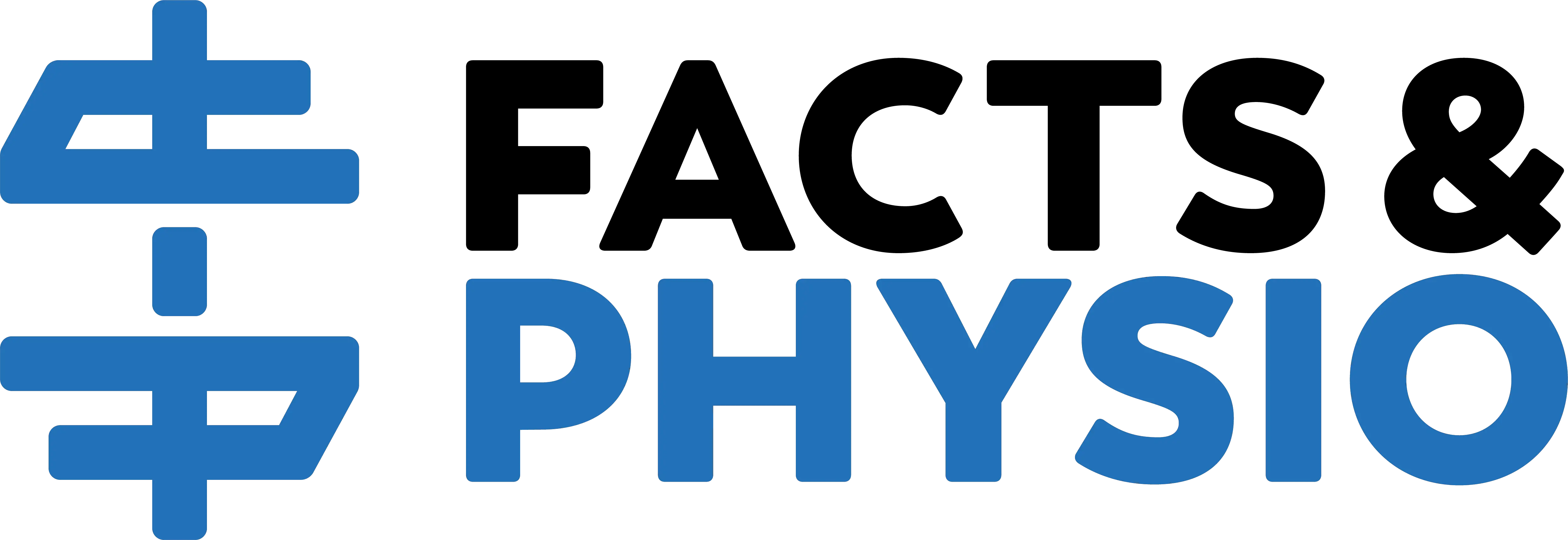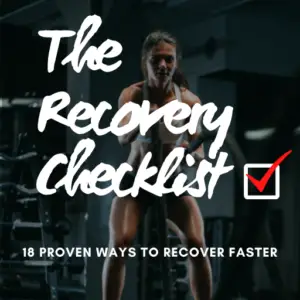Would you let researchers punch holes in the roof of your mouth to see how fast you heal?
Over 200 test subjects thought it sounded like a good time, and the studies produced fascinating results.
A Mind-Body Connection?
The mind-body connection is kind of like Bigfoot…it’s the stuff of legend, and deep down you feel like it exists. It’s just hard to prove.
Enter the mouth wound studies.
The Mouth Wound Studies
Two studies gave their test participants hard palate wounds, then measured how fast they healed.
The first study compared healing rates during high stress and low stress times (Marucha 1998). 11 dental students received two hard palate wounds, one during summer break, and one 3 days before a huge test.
The wounds healed 40% slower during exam week than the normal healing rates over summer vacation!
The second study examined 193 healthy college students (Bosch 2007). Students with high depression levels experienced delayed healing 3.6 times more often than their non-depressed peers.
Stress and Healing
Here’s the takeaway: Stress prolongs healing.
Plenty of research proves that psychological stress hinders physical recovery (Gouin 2012).
Hospitalized patients reporting depression and anxiety don’t recover as fast. Stress management before surgery improves post-surgical outcomes. Patients have fewer complications and shorter hospital stays.
Relationship strife also hampers healing. One study examined blister healing rates in happy and unhappy couples. It discovered that hostile couples heal only 60% the speed of amicable couples.
What’s more, high stress levels are linked to pain. For example, stress is a major factor in TMJ and neck pain.
3 Ways to Reduce Stress
Stress inhibits the body’s ability to recover. Try these practical ways to relieve stress and heal faster:
1. Start The Day with Silence
Find a few quiet moments before the day’s chaos begins. Try deep breathing, prayer, or meditation. Other options include scripture reading, yoga, and journaling.

Just 5-10 minutes of morning silence will make you feel calmer and more focused throughout your day.
Personally, I’ve made this a habit over the past few months. When I start my day with silence, my mind is clearer and the day’s stressors feel more manageable.
2. Take a Bath
As I covered in this article, taking a bath is an easy way to relax, alleviate stress, and sleep better. Enjoy a warm bath 1-2 hours before bed for maximum sleep quality.
3. Hike with Your Partner
It’s 3 stress relievers for the price of 1! First, exercise relieves stress and speeds up healing. Second, spending time in nature is another proven stress reliever. Third, quality time with your partner gives you the chance to strengthen your relationship, so relational strife won’t hinder your healing.

And who knows, maybe you’ll see Bigfoot!
Readers: Do you notice a connection between stress and how you feel physically? What are your go-to stress relievers? Share your thoughts in the comments.
For more evidence-based insights you won’t find anywhere else, join the free, fast-growing Facts & Physio Newsletter. Plus, get The Recovery Checklist when you sign up.

